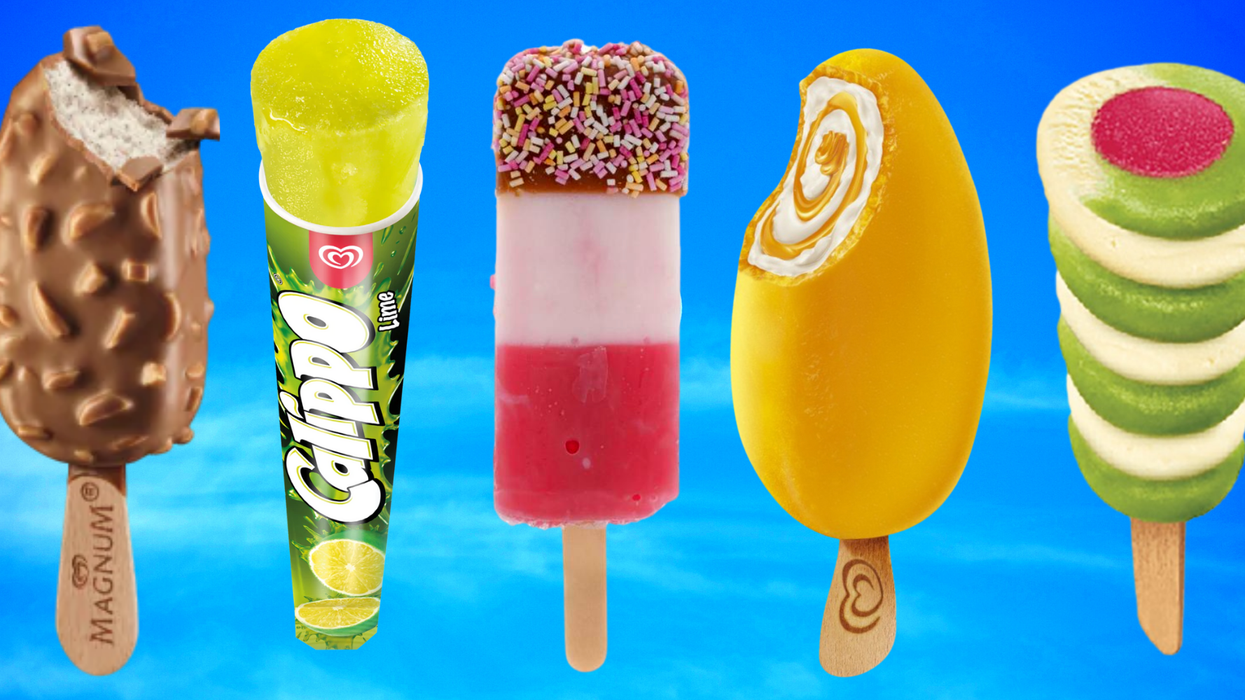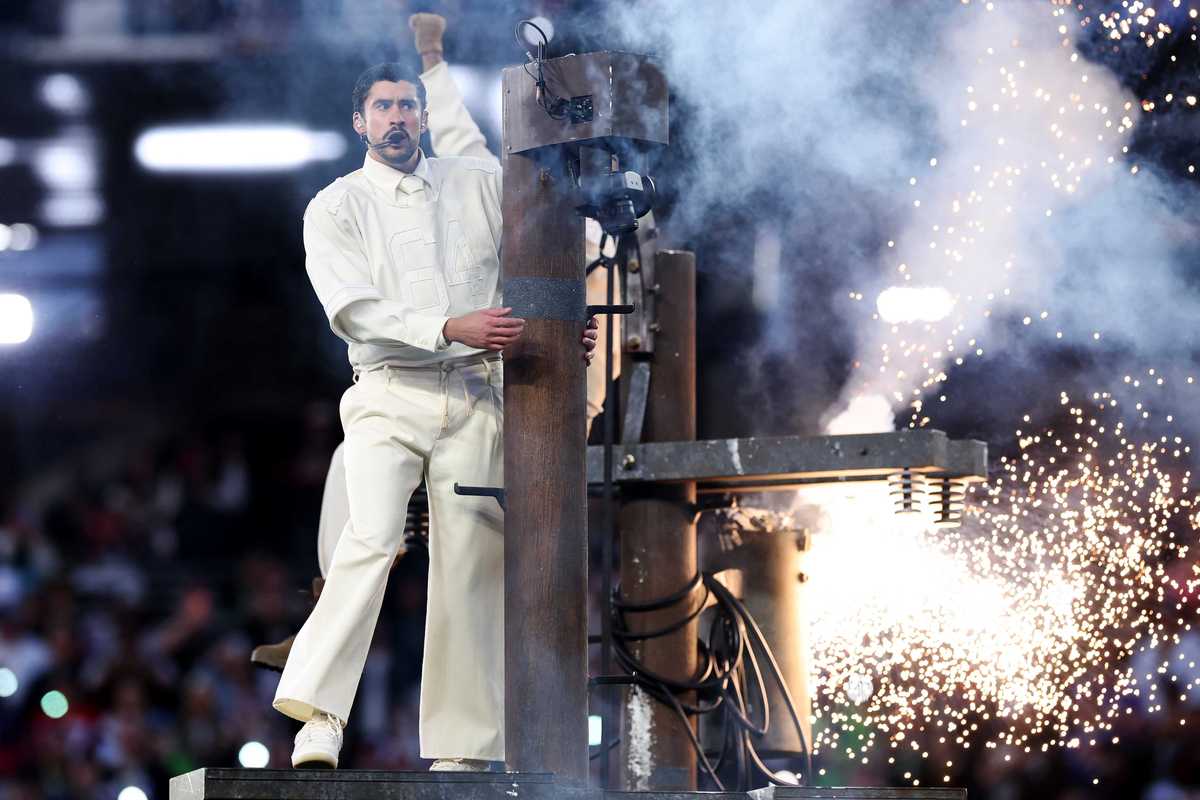
Parliament is in recess, Brexit negotiations have largely stalled, no one is currently being cancelled and Boris Johnson has been keeping uncharacteristically quiet.
Add to this scorching heat and the general malaise that 2020 has caused, and you would think people might be over having furious internet debates.
And yet...
While Trump supporters across the Atlantic spent their time yesterday trying to convince us that "Thighland" is actually the proper way to pronounce Thailand, here in the UK people had other dilemmas on their minds.
As temperatures soared to record highs, there was one issue everyone was pondering: the complex semantics of frozen treats.
Hence, when YouGov released its *very serious* data on the nation's favourite ice lolly, we were all ears.
The verdict? A Magnum, with 28 per cent of the vote.
It won by quite a margin too, with Fabs, Soleros, Twisters and Feasts trailing behind at between 6 and 8 per cent.
A landslide indeed.
And while one might expect the natural debate to be based on people's outrage at the winner, it was actually the framing of the question which caused a stir:
Are these creamy delights really what we mean by "ice lolly"?
Many thought absolutely not.
So visceral was the backlash that YouGov decided to weigh in.
It followed up with another poll, asking Brits what they thought actually constituted an ice lolly, and the results were damning – almost 60 per cent of the population vehemently disagrees with the idea that a Magnum is an ice lolly, although Twisters, Soleros and Fabs did indeed make the cut.
YouGov went on to point out the crucial implication of these revelatory results, saying:
The Magnum is in the unusual position of romping home to victory in our 'favourite ice lollies' contest despite most of the country saying it's not even an ice lolly.
So are the lolly truthers right?
The Cambridge dictionary sides with the British public, defining an ice lolly as "a sweet piece of ice with a fruit flavour on a small stick".
By that definition, a Magnum – which is neither fruit flavoured nor a "piece of ice" – would not qualify. In fact, neither would a Fab, a Twister or a Solero, all of which the majority of people polled defined as an ice lolly, but while they are sort of fruit flavoured, but are definitely not "pieces of ice". Anyone who's tried them can attest to the fact that they have at least one creamy element.
However – and this is where it gets interesting – Collins English Dictionary, Macmillan Dictionary and dictionary.com all have a broader definition of ice lolly, saying it's "a piece of flavoured ice or ice cream on a stick".
By this definition, all of the winners would qualify as ice lollies, and the vast majority of the population would appear to be wrong in their assessment. However, the specification of the stick would lead to a complex Calippo-shaped conundrum...
A Calippo, despite its stickless construction, could surely not be defined as an ice cream, which by all accounts requires some form of dairy as an ingredient. But if it can't self-define as a lolly either, where does that leave it? According to these definitions, the Calippo would find itself stateless.
In a further interesting twist, Macmillan adds that the American English equivalent to "ice lolly" is "popsicle", which appears to be universally defined as some sort of sweet frozen snack on a stick, as opposed to "ice cream", which Americans use to describe dairy-based (or vegan-dairy-substitute-based, because 2020) sweet frozen snacks which are scooped into a receptacle and eaten with a spoon.
It would seem that despite popular opinion, the distinction here is actually in the format, rather than the ingredients.
This helps a bit, although the Calippo erasure remains troubling.
Conclusion:
While the British public seems to believe that the definition of an ice lolly is based on the texture and consistency of its edible section, it seems safe to say that technically it's actually the stick which makes the lolly.
That said, language is a human construct which is fluid and ever changing – despite dictionary definitions, a word ultimately means what the people who use it perceive it as meaning.
So maybe, what we've all learnt from the whole debacle is that it's high time to redefine the ice lolly.
It could be to 2020 what the "literally" discourse was to 2013; to millennials what the endless Jaffa Cake dispute is to Boomers! Such potential...
Internet, take it from here.













